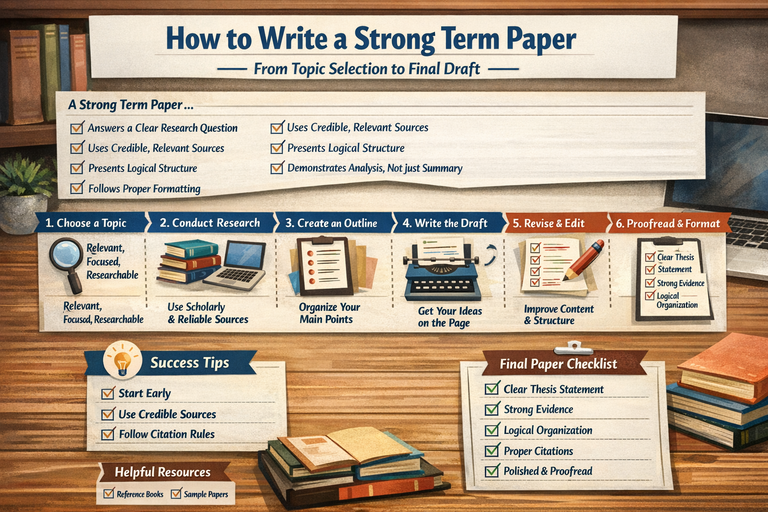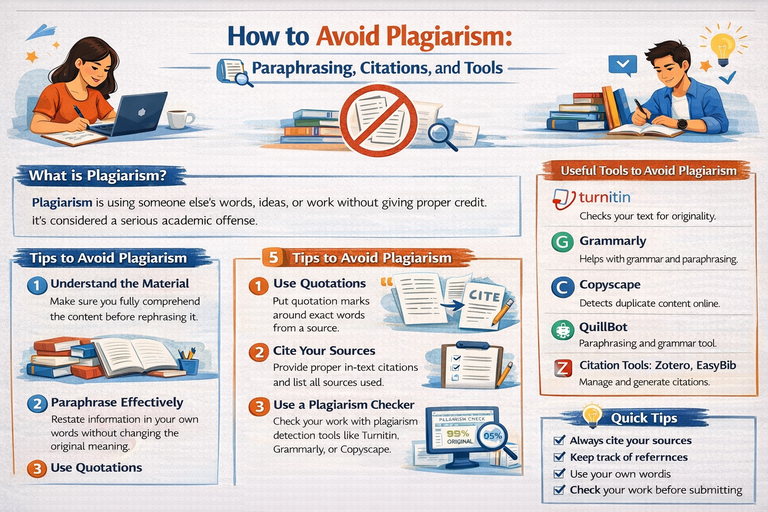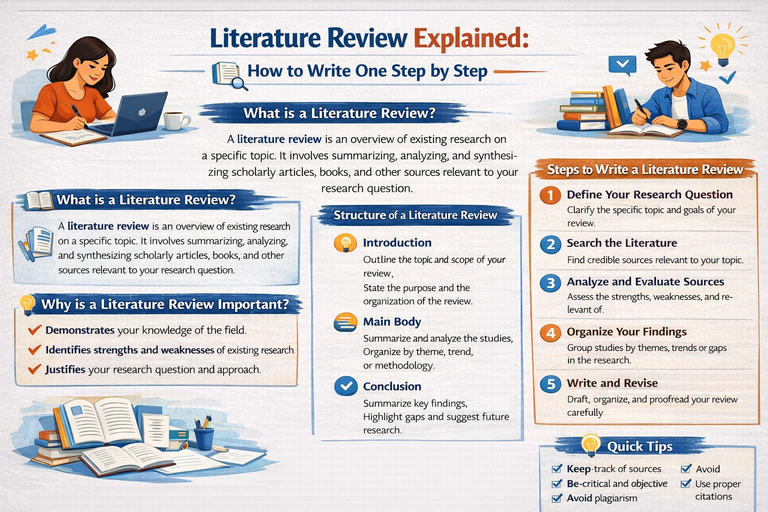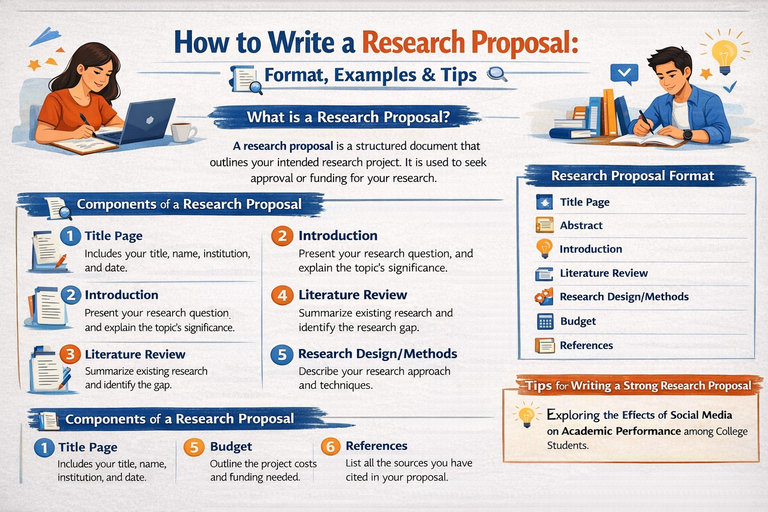Power, Ambition, and Betrayal: Office Politics in Literary Worlds
The modern workplace has long served as fertile ground for storytelling. From corner offices to corporate cubicles, the drama of office life—marked by power plays, personal ambition, and the ever-present specter of betrayal—mirrors the classic tensions found in kingdoms, courts, and battlefields. In literature, these dynamics are amplified, stylized, and dissected, offering sharp insights into how ambition shapes human behavior and how organizations become arenas of manipulation, loyalty, and moral compromise.
This article explores how novels use office settings to unravel the psychological, political, and emotional layers of professional life. In doing so, they offer readers a behind-the-scenes look at ambition unchecked, power structures strained, and betrayals that reshape both careers and characters.
The Office as a Political Arena
At first glance, offices may seem mundane—rows of desks, buzzing fluorescents, memos about deadlines. But behind the neutral decor lies a battlefield of egos and aspirations. Fictional offices often serve as microcosms of society, where hierarchies are tested and influence is currency.
In Then We Came to the End by Joshua Ferris, the office is depicted as a space rife with passive aggression, gossip, and anxiety. Set during a wave of layoffs at a Chicago ad agency, the novel presents a darkly comedic view of how employees navigate uncertainty by aligning themselves with certain colleagues while distancing from others. Here, politics isn't just about advancement—it's about survival.
Similarly, in Company by Max Barry, the protagonist discovers absurd levels of corporate secrecy and manipulation in an organization that seems to exist for its own sake. Promotions are random, loyalty is manufactured, and even failure is strategically engineered. Barry’s satire captures the sense of powerlessness many employees feel within opaque, top-heavy systems—and the subtle ways they fight back.
These novels reveal that office politics are rarely about the work itself. Instead, they're about perception, relationships, and control.
Ambition as a Double-Edged Sword
Ambition drives characters forward—but it also drives them apart. In literary offices, the ambitious character is often portrayed as either a disruptor or a climber, someone willing to bend rules, break ties, or betray mentors to rise up the ranks.
One of the most iconic examples is Miranda Priestly in The Devil Wears Prada by Lauren Weisberger. As the tyrannical editor-in-chief of a fashion magazine, Miranda commands fear and loyalty through an icy blend of elegance and ruthlessness. While the novel primarily follows her assistant Andrea Sachs, it’s Miranda’s unrelenting ambition that defines the culture of the workplace. Her standards are impossibly high, her moods unpredictable, and her influence absolute. This depiction forces readers to consider the cost of ambition—especially when leadership is laced with cruelty.
In Bonfire by Krysten Ritter, a corporate lawyer returns to her hometown to investigate a chemical company involved in a mysterious cover-up. The novel’s tension lies in how characters navigate ambition and morality within a corrupt corporate structure. Betrayals abound, and every decision has consequences. The protagonist must weigh personal success against exposing the truth—a dilemma common in office political dramas.
Ambition, in these stories, isn’t just about climbing the ladder. It’s about the willingness to sacrifice values, friendships, and even identity in pursuit of power.
Betrayal as a Narrative Pivot
Betrayal often functions as a turning point in office-centered novels, dramatically altering relationships and reshaping career trajectories. These betrayals can be overt—like leaking confidential information—or subtle, like quietly sabotaging a colleague's project or taking credit for their work.
In The Circle by Dave Eggers, betrayal is institutional. The protagonist Mae Holland is gradually absorbed into the inner workings of a powerful tech company that champions transparency while slowly eroding privacy and individuality. Colleagues spy on one another under the guise of progress. Dissenters are exiled. Eggers uses the culture of surveillance and peer pressure to illustrate how betrayal becomes normalized within certain corporate environments.
In Revolutionary Road by Richard Yates, while not about an office per se, the male protagonist’s corporate job at Knox Business Machines is portrayed as a soul-draining dead end. The betrayal here is internal—the slow abandonment of dreams for the illusion of stability. The politics of the workplace become a metaphor for self-betrayal, and the emotional toll it takes is immense.
These betrayals—personal, professional, or ideological—heighten the drama and reinforce the emotional stakes of office politics in fiction.
Power Structures and Toxic Leadership
Fiction often scrutinizes not just individual characters but the systems that enable toxic behavior. The portrayal of management and leadership in literary offices frequently exposes how power can corrupt and how hierarchies can breed dysfunction.
In The Assistant by Bernard Malamud, the story centers around a struggling grocery store and its overworked, underappreciated owner. Though small in scale, the shop functions like any larger office setting—complete with power struggles, ambition, and moral compromises. The characters grapple with loyalty, guilt, and authority, highlighting how even modest workplaces can reflect larger ethical dilemmas.
In Severance by Ling Ma, a satirical post-apocalyptic novel, the monotony of office life at a publishing company takes on eerie significance. Even as a mysterious fever wipes out civilization, the protagonist continues her job, driven more by routine than reason. The novel critiques corporate obedience and questions the power that institutions hold over personal agency.
These books suggest that leadership without empathy—and ambition without boundaries—leads to toxic workplaces, disillusionment, and collapse.
Gender and Office Power Dynamics
Office politics in fiction also highlight how gender shapes experience and power. Many novels explore how female professionals navigate male-dominated spaces, deal with sexism, and balance ambition with societal expectations.
In The Power by Naomi Alderman, women develop the ability to emit electrical energy, flipping the power dynamics of gender in both society and workplace-like hierarchies. Though speculative, the novel poses questions about how institutional roles shift when traditional power is redistributed.
In The Female Persuasion by Meg Wolitzer, the relationship between a young woman and her feminist mentor unfolds within the context of career development and personal ambition. As the protégé rises, tension develops around the ethics of influence and representation in the workplace. The novel examines how support can morph into rivalry and how political values intersect with personal ambition.
Through these narratives, literature challenges the assumption that workplace politics affect everyone equally—and reveals the nuances of power based on identity.
Office Politics as Human Drama
At its heart, office politics in novels aren’t just about business—they’re about people. They explore what happens when humans are placed in competitive, hierarchical, and emotionally charged environments. Loyalty is tested. Ambition is revealed. And the drive for relevance or recognition often leads characters to act in unexpected ways.
These stories resonate because they reflect experiences many readers face in real life: the unfair promotion, the backroom deal, the difficult boss, or the trusted coworker who turns out to be a rival. In fictional form, these moments are heightened—but also made more legible, more explainable, and more meaningful.
Conclusion: Literary Lessons from the Corporate Chessboard
Novels set in offices don’t just dramatize work—they explore how work defines us. They reveal how ambition, when unchecked, can lead to betrayal. They show how power is wielded and abused. And they remind us that even in the most ordinary professional settings, the stakes can feel existential.
Whether satirical, tragic, or redemptive, office-centric fiction offers a lens into the human cost of climbing the corporate ladder. In doing so, it forces us to ask: What are we willing to risk for success? And at what point does winning the game mean losing ourselves?
From towering CEOs to entry-level assistants, literary characters navigating office politics mirror our own daily dramas—proving that behind every spreadsheet, every meeting, and every performance review, there’s a story waiting to unfold.






